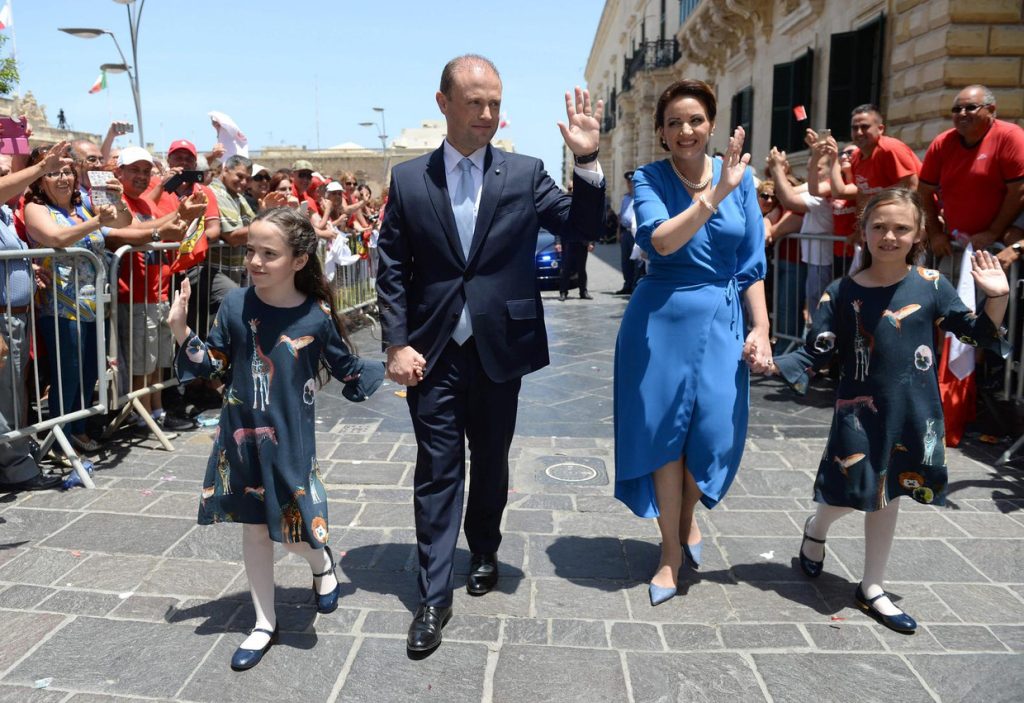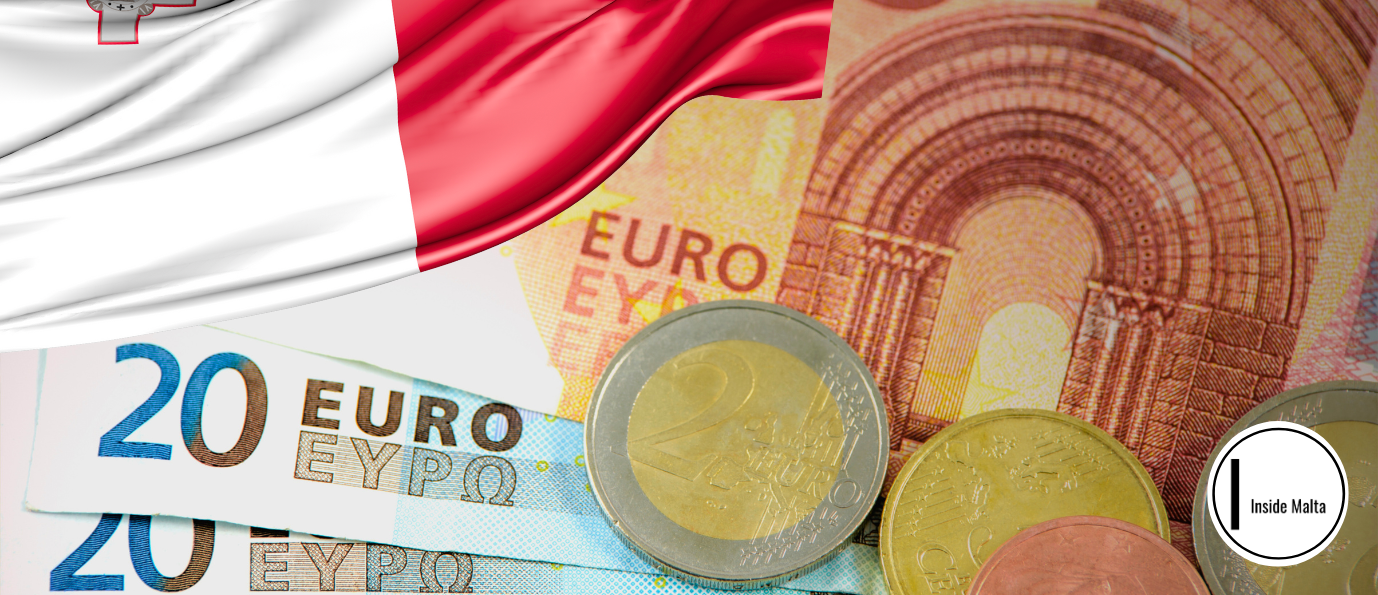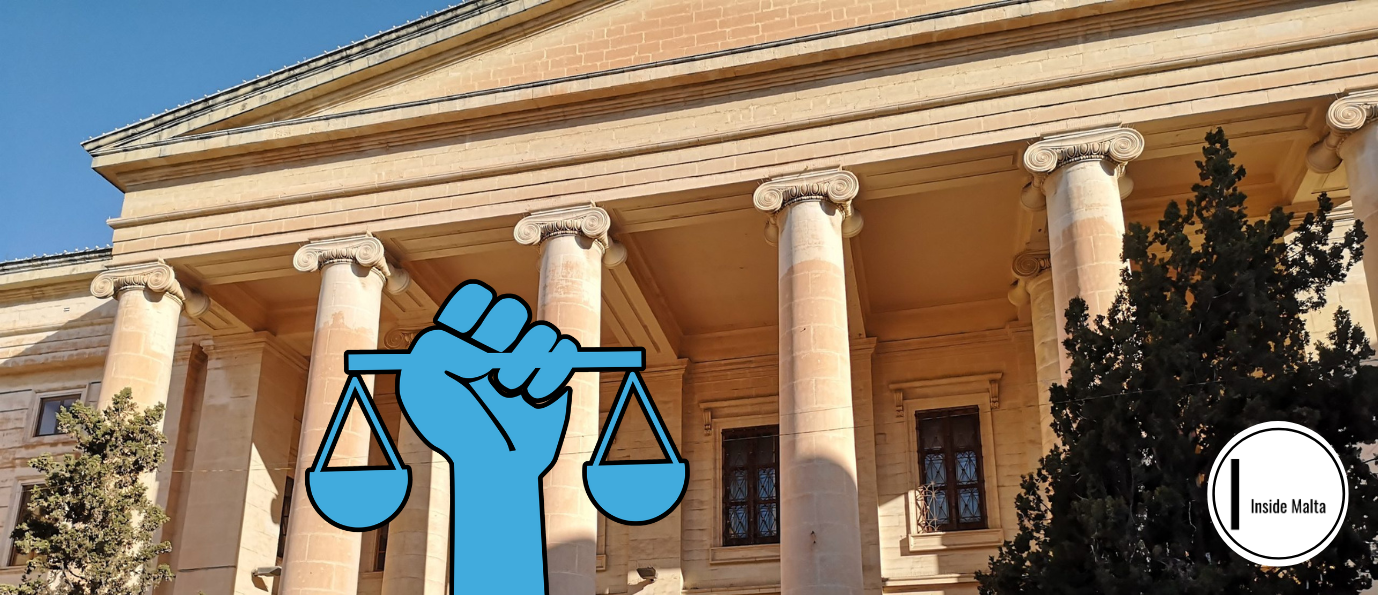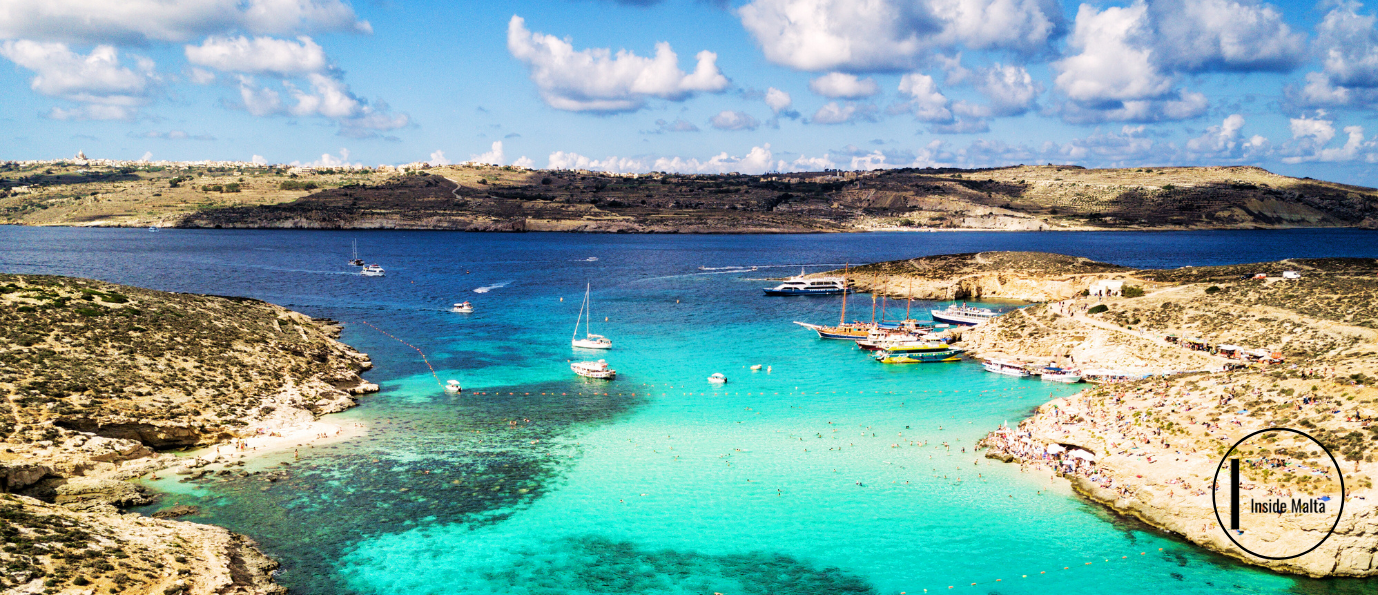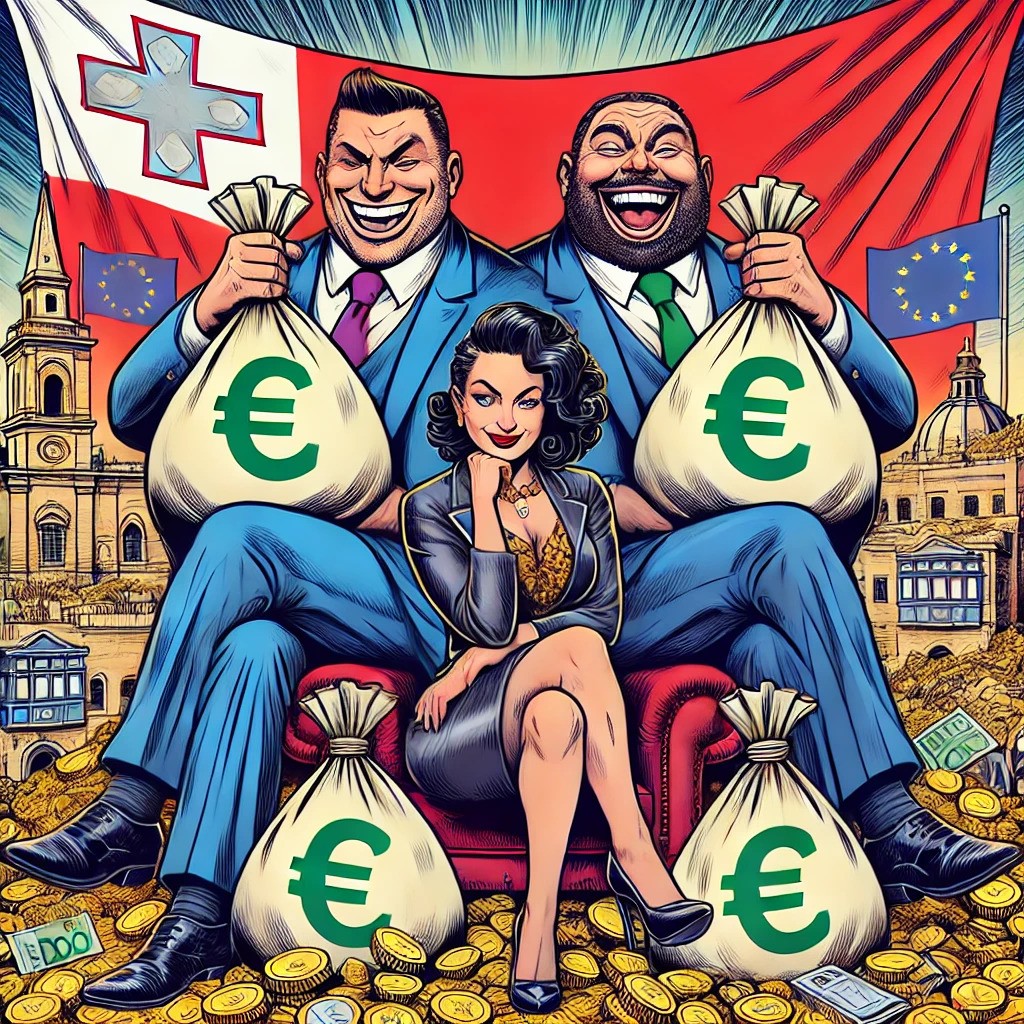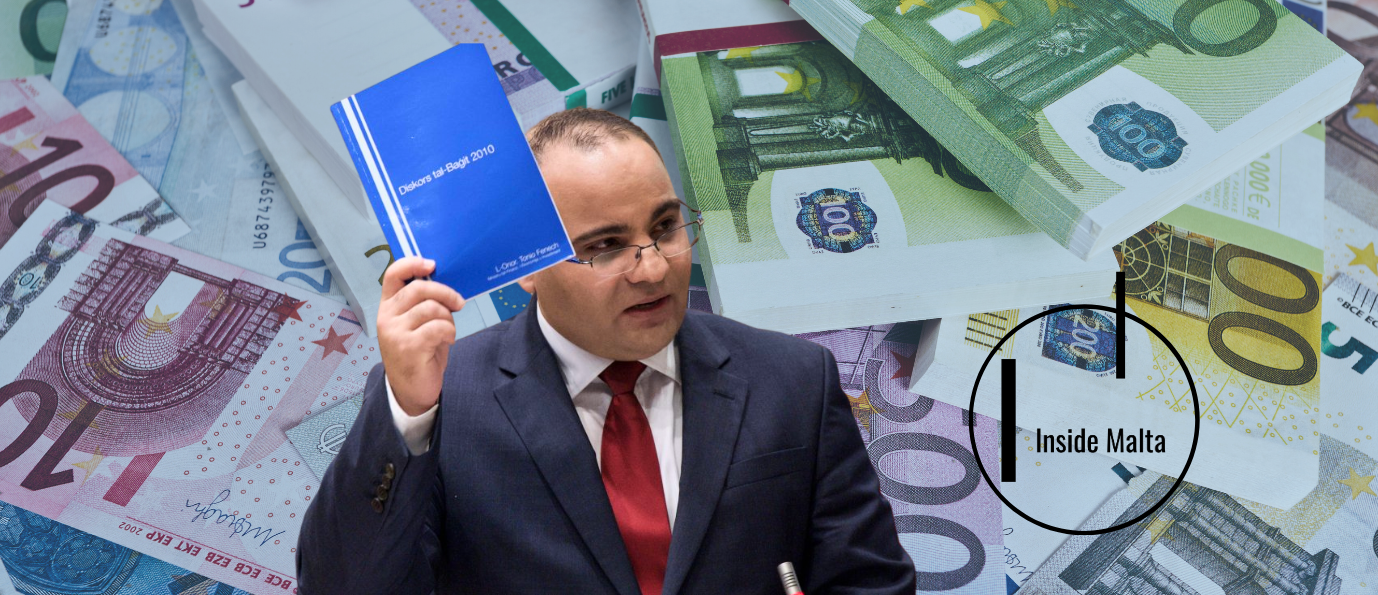As soon as we entered the new year, the news about scandals started popping up. One of the most controversial decisions is Joseph Muscat’s potential return to the Labour Party. If before, it looked like annoying rumors in an attempt to grab some attention, this year, it sounds like a big plan widely discussed in all national media.
It is not an accidental coincidence. Among other electoral events, 2024 is also the year of the European Parliament election. Thus, Muscat’s political intentions are as ambitious as ever before: he wants to not only return to politics but also become a MEP.
Muscat likely sees his return as a chance to restore his political career, but that will happen at the cost of Malta’s reputation. It may seem obvious for third-party observers but not for Robert Abela, PL’s current leader and prime minister of Malta, who should make the final decision. The only correct answer to Muscat in such a situation should be no, but the prime minister still takes time for consideration and wonders why he should refuse.
Muscat is in the midst of corruption scandals
Five years ago, Muscat stepped down from his prime minister role, and that was not for good reasons. Back at that time, Muscat was flooded with corruption scandals and even was labeled Man of the Year for Corruption 2019. But what has changed since then?
Not so much, unfortunately. Muscat did not try to use this break wisely to restore his reputation. On the contrary, the former prime minister was involved in more fraud scandals, including the notorious Steward deal. What was initially promoted as a significant change to improve the healthcare system ended up being the largest waste of public funds in Malta’s history.
The investigation still goes on, and Muscat is a key figure here. Thus, Abela must understand that, until the trial is concluded, it is dangerous to trust Muscat with public office again.
Damaged reputation for Malta and the Party
Muscat is not the only one who is surrounded by endless corruption scandals. PL itself was involved in a bunch of controversies which do not put the party in the best light. Therefore, allowing the former prime minister to return and be a candidate in the European Parliament Elections will severely impact Abela as well.
First, this situation will represent a major conflict of interest, as PL will be compromised into defending Muscat if he is criminally charged. Five years ago, the former ministry resigned precisely in order to defend himself as an individual and avoid a negative impact on the party his legal battles could create. So, what is the point of going back now if the investigations are not over?
Second, accepting Muscat will raise questions about doing the same for other outcasts like Keith Schembri or Rosianne Cutajar. When PL expelled these politicians, it was an attempt to distance itself from corruption and show society the party had learned from its mistakes. Welcoming them back will nullify these attempts and undermine confidence in the party.
Finally, Muscat’s comeback will hurt Abela’s position, making him look unable to do his job alone. In that case, Muscat’s victory at the MEP elections could hurt Abela’s reputation even worse. Such a background may look quite tempting for Muscat to improve his reputation and regain power, leaving Abela outside. Re-entry to the political Olympus is also very helpful in warding off criminal charges, which is perfect for Muscat but not so much for the country.
Losing international image
Accepting Muscat would not only cause discontent inside the country but also generate tensions among Malta’s European neighbors. His potential victory in the MEP elections will not ease the situation, but quite the contrary. Years ago, it was the European Parliament that voted for Muscat’s rapid resignation from a prime minister post to avoid his influence on criminal investigations. The Socialists took the EU’s side at that time, which also hit the headlines.
Today, Muscat’s rejoining amidst the continuing trials may be considered Malta’s ignorance of European resolutions, which will definitely cause more alienation of the Union from the country.
Reputational damage to Malta caused by the return will have economic consequences, and that is the most painful aspect for the country. 2023 left Malta a bitter aftertaste with a national debt rising to 9 billion and massive public funds loss. Welcoming back a person involved in loud corruption scandals will incur additional scrutiny from watchdogs and create an unfavorable situation for investors. This will complicate the task of attracting more funding to the national budget.
Final thoughts
For the last few years, Malta has experienced many issues related to a lack of transparency, misappropriation, and influence peddling. All of this has a harmful impact on the country in a domestic and international field. Accepting such a person as Muscat to a local political arena will not resolve the existing issues but create more obstacles for the country and its economic state. The good news is there are a lot of people in Malta who care about this. But what is more important is that this will also be understandable for Robert Abela.


